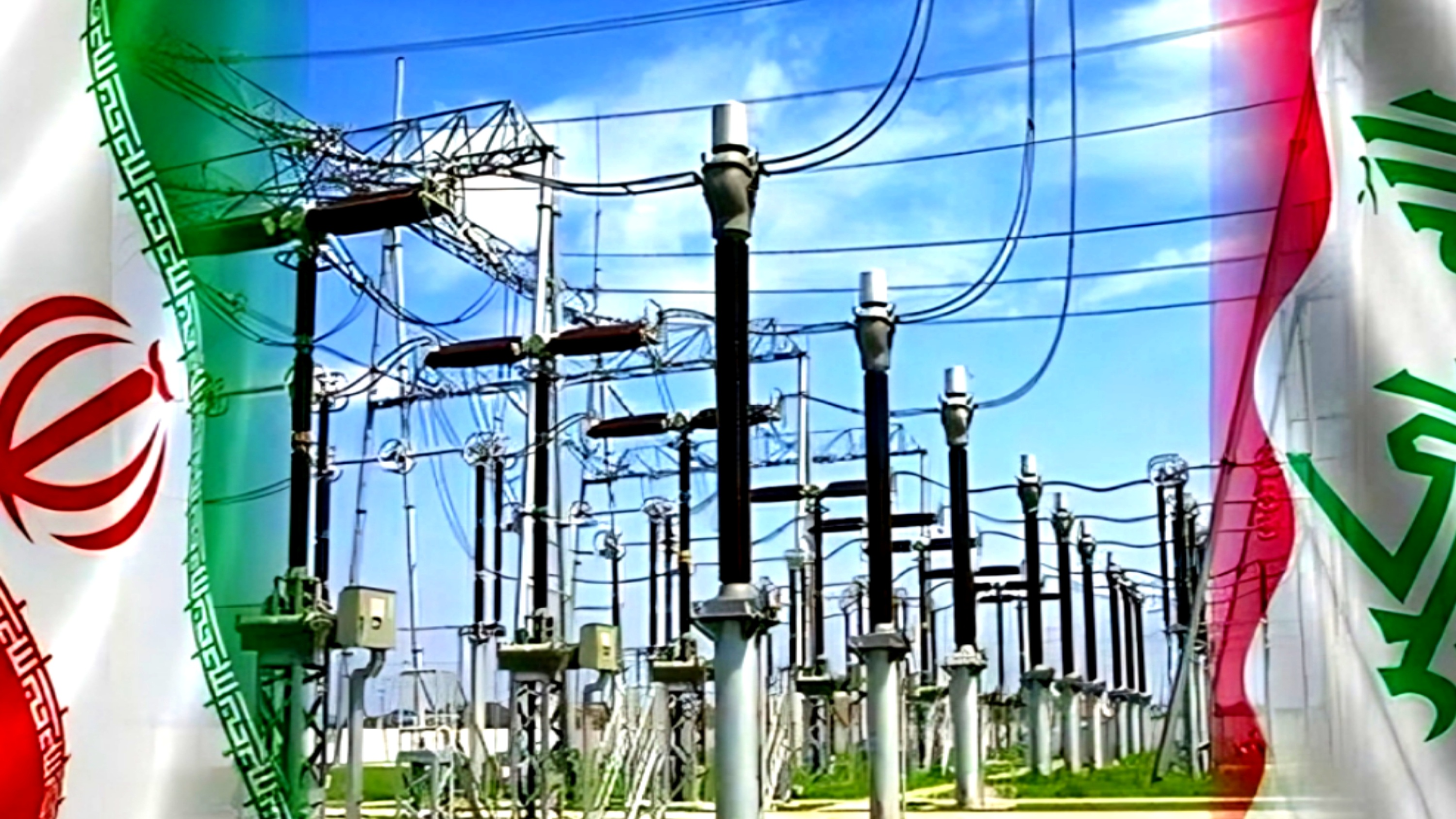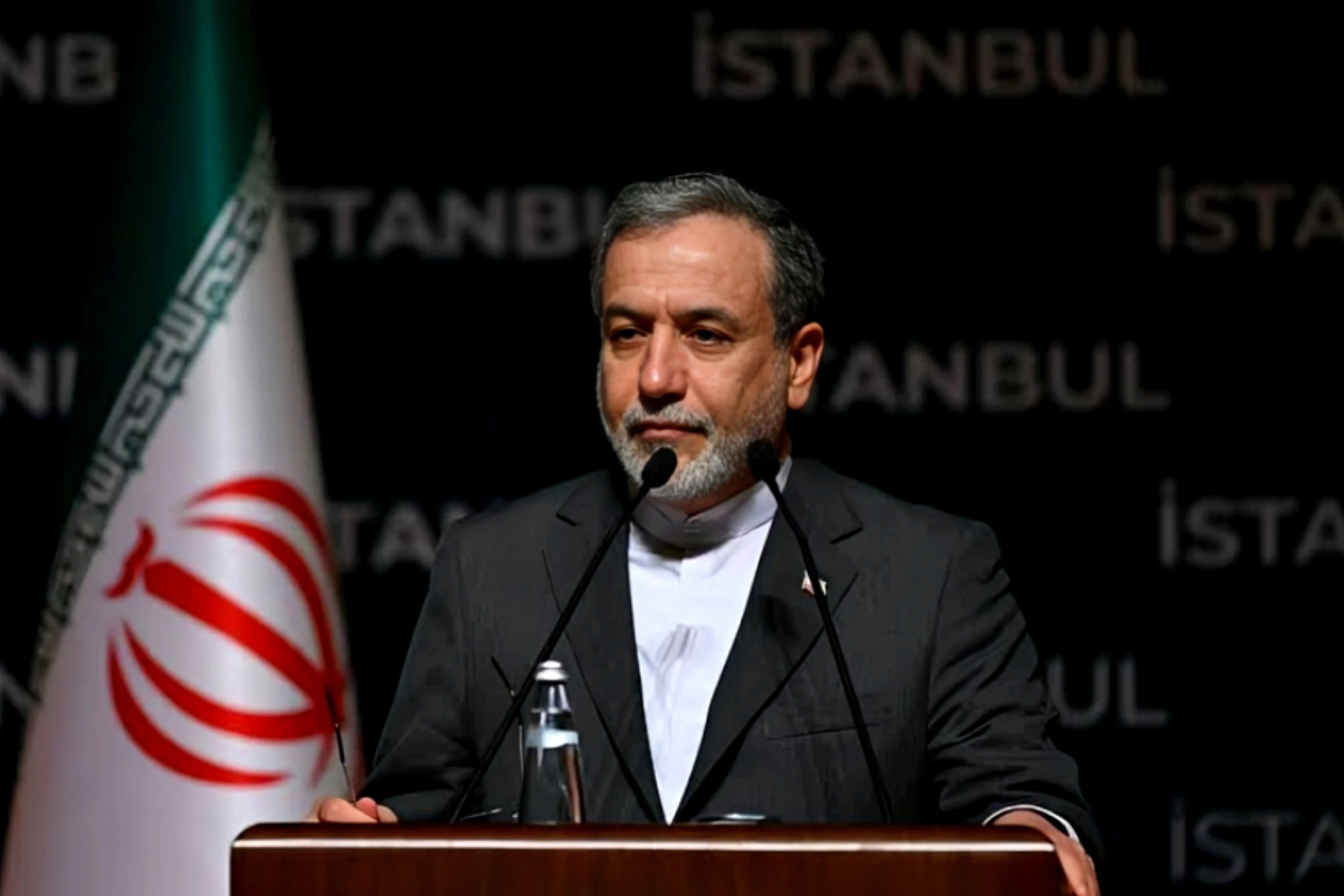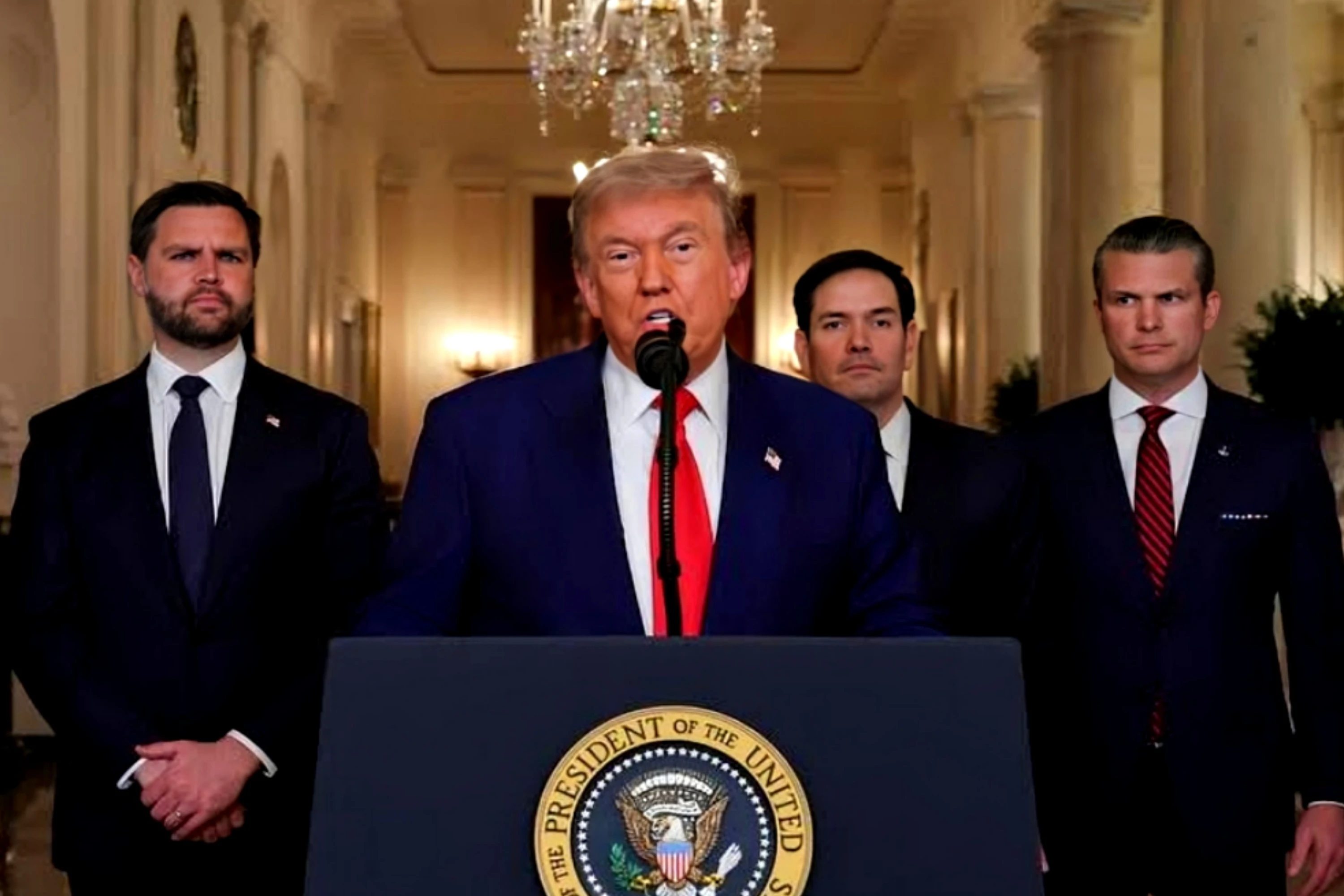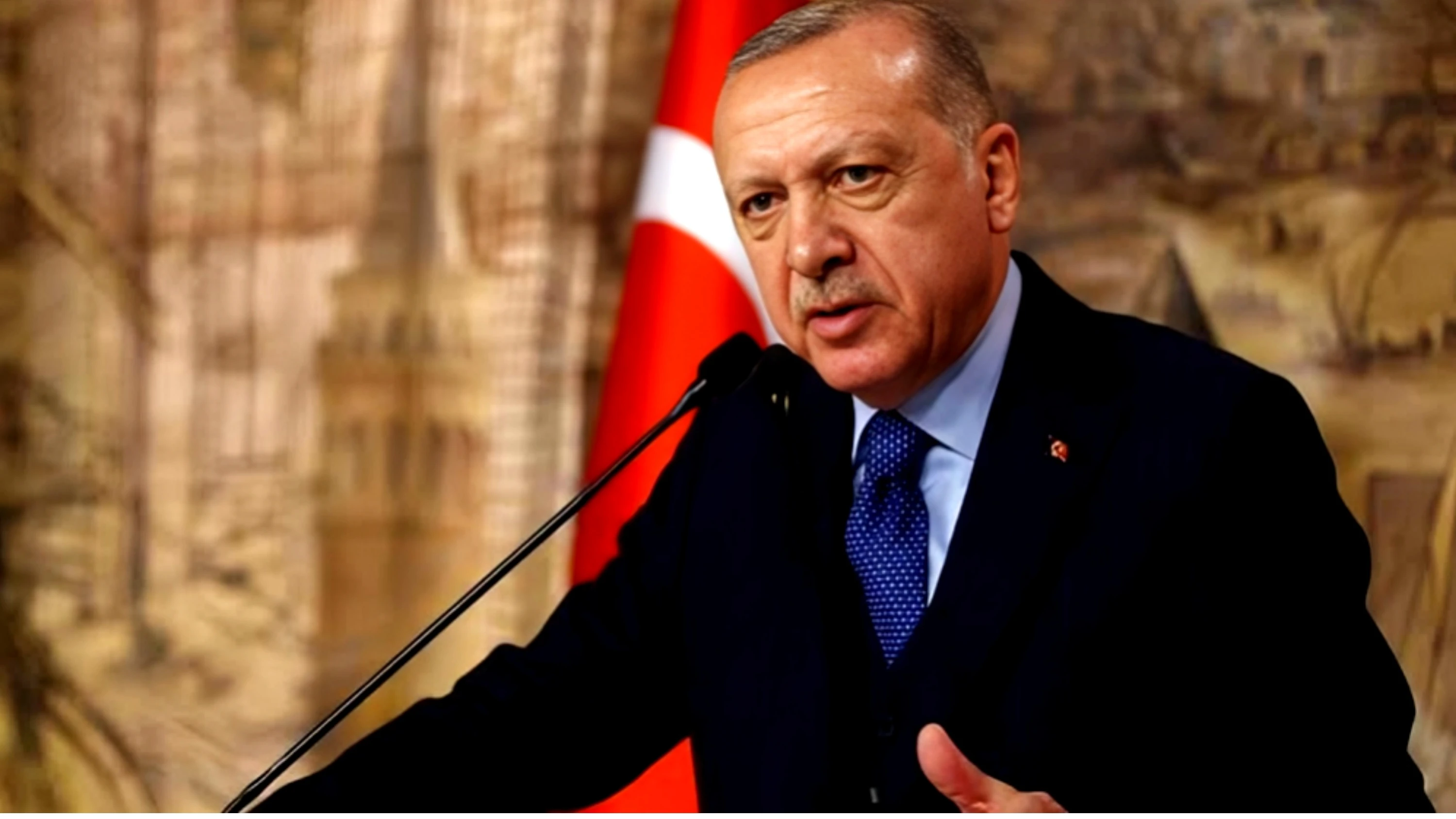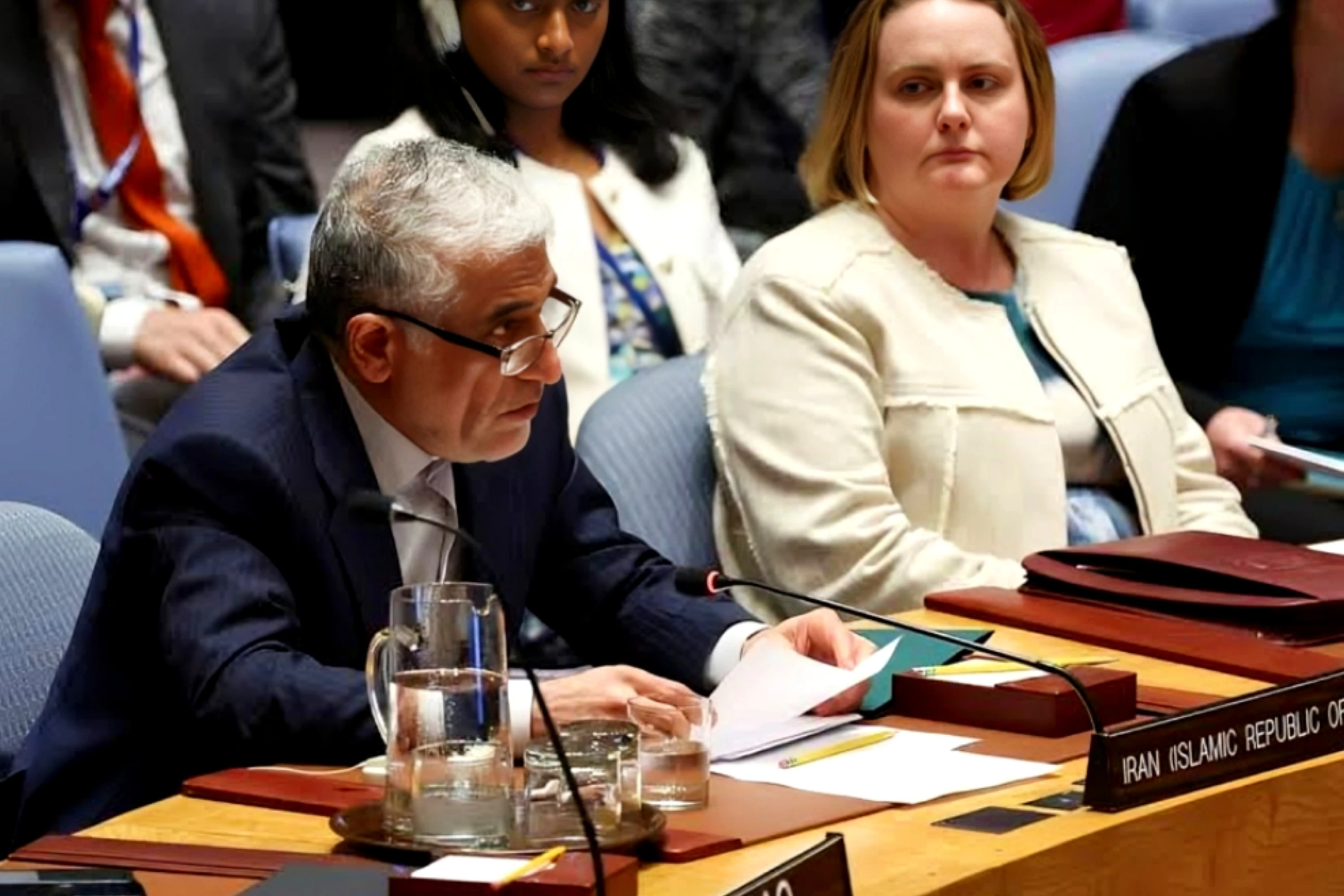Baghdad: The United States has decided not to renew the sanctions waiver that allowed Iraq to purchase electricity from Iran, a spokesperson for the U.S. Embassy in Baghdad confirmed on Sunday.
Despite possessing vast oil and gas reserves, Iraq relies heavily on energy imports, with about one-third of its electricity and gas coming from Iran. The Iraqi government, aiming for energy self-sufficiency by 2028, stated that it has prepared for "all possible scenarios" regarding the sanctions waiver.
"On March 8, the U.S. State Department chose not to extend the waiver allowing Iraq to buy electricity from Iran," the U.S. Embassy spokesperson announced. He emphasized that this decision ensures "no economic or financial support is given to Iran at any level."
Notably, the statement did not mention Iran’s gas exports, which play a crucial role in Iraq’s domestic electricity production.
The U.S. first implemented this sanctions waiver in 2018 after then-President Donald Trump withdrew from the Iran nuclear deal and reimposed sanctions on Tehran. Since returning to the White House in January, Trump has reinstated his "maximum pressure" policy against Iran.
"The president’s maximum pressure campaign is designed to end Iran’s nuclear threat, reduce its ballistic missile program, and stop its support for terrorist groups," the U.S. Embassy spokesperson stated. He described Iran as "an unreliable energy supplier" and urged Iraq to "end its dependence on Iranian energy sources as soon as possible."
Iraq has long faced severe electricity shortages, exacerbated by decades of conflict that have left its infrastructure in poor condition. During the summer months, when temperatures exceed 50°C (122°F), frequent power outages worsen living conditions.
Most Iraqi households receive only a few hours of electricity daily, forcing those who can afford it to rely on private generators to power essential appliances. Iran’s inconsistent electricity supply has also contributed to power shortages, affecting the daily lives of Iraq’s 46 million residents.
Iraqi government spokesperson Basem Al-Awadi told state media on Saturday that authorities are preparing for all possible outcomes, including boosting domestic electricity generation, such as gas-powered plants in Basra.
To reduce reliance on imports, Iraq has increased domestic gas production and has begun importing electricity from Jordan and Turkey. The country is also working on connecting its power grid with Gulf states.


